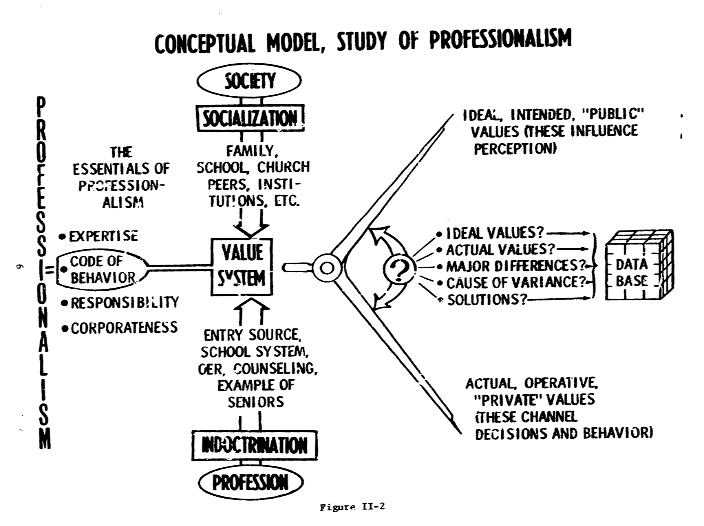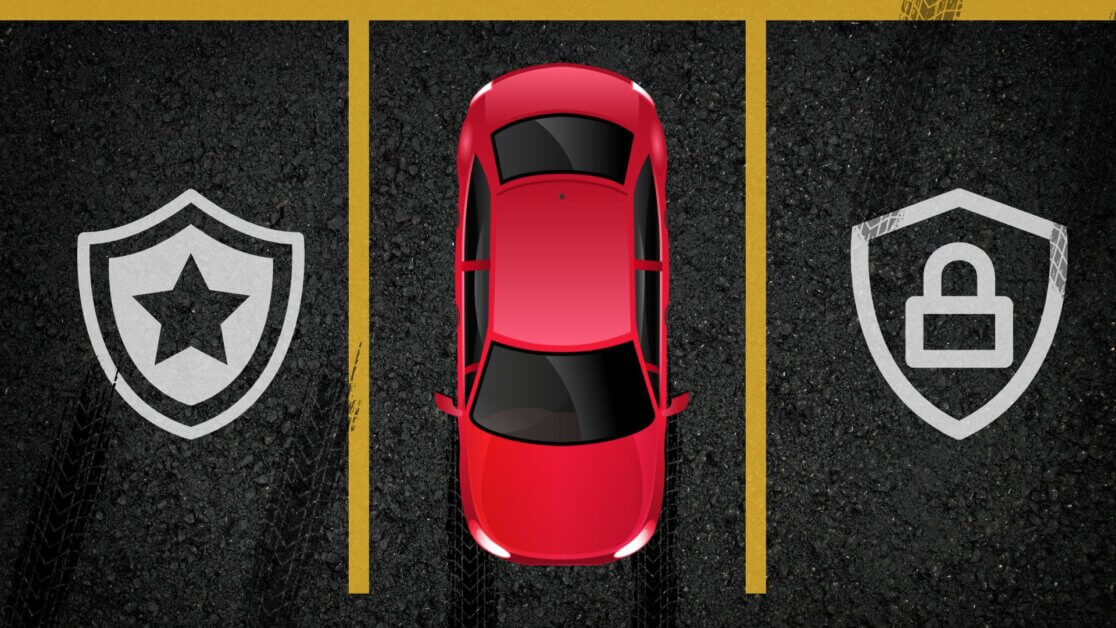When we in law enforcement take the oath to protect and serve our community, we do not expect that the biggest aggressor in that fight might be the community itself. We’ve gone through a lot as a country in the past few years and one of the hot topics on everyone’s mind has been reforming law enforcement and defunding the police. This has caused record lows in police recruitment and massive turnover rates in departments across the United States. Everywhere I turn, I seem to see early retirement and leaders leaving their lifelong profession.
But this is not the first time that law enforcement has been reformed. It may feel like we’re getting hit harder this time around with the constant flow of public information and the persistent social media attacks, but we’ve been here before. And as leaders, we need to show our subordinates that it’s going to be okay. What does it prove to those that are looking up to us about law enforcement if we just call it quits and retire because it’s getting tough? How is that going to make our beloved profession better? What will happen to the profession if we lose all of the experience and leadership in our departments?
I get it. You’re tired and you feel underappreciated and jumping ship might seem like the best option here. But what does that mean for the future of policing?
The current climate in law enforcement is reminiscent of the 1970s when troops were coming home from Vietnam. Brave men and women were painted as villains instead of being respected for serving their country honorably throughout a brutal war. One such soldier, William Childs Westmoreland, was a commander during the Vietnam War. He served in three wars total, but none ended the way Vietnam did. He was one of the public faces of the Vietnam War and although he was a decorated war hero, when he arrived back home society ostracized him and did not give him the respect that he deserved.
Westmoreland served as Chief of Staff from 1968 to 1972. In 1970, he felt that Army command staff were not living up to the moral code that they had promised to upkeep. There was corruption and cover-ups and many mistakes made within the Vietnam War. Because of this, he commissioned an investigation that compiled a comprehensive and seminal study of leadership within the Army during the Vietnam War, demonstrating a severe erosion of adherence to the army’s officer code of “Duty, Honor, Country”. The report, entitled Study on Military Professionalism, had a profound influence on Army policies and many themes from the report can be applied to what law enforcement is currently experiencing.
The traditional standards of the American army officer can be summarized in three words: duty, honor and country. I believe that law enforcement also lives up to these standards and can be summarized as duty, honor and community. It’s time to take back the narrative when it comes to policing. We need to show our community what strong leadership looks like and how much we care about the future of law enforcement.
When returning from Vietnam, Westmoreland reportedly told his top commanding officers that the problems in Vietnam should not and could not be repeated. Westmoreland knew that something had to be done to bring the Army back to where it once was. In order to fix a broken system, Westmoreland asked his command staff to stay on for two more years. Instead of just walking away, Westmoreland asked that his fellow Army men and women help the next generation be better than they were. He believed that the only way the Army could be respected once again was through experience and proper leadership.

At the time the Study on Military Professionalism was published, the existing climate was described as one with major concerns present that the Army was “not taking action to ensure that high ideals [are] practiced as well as preached.” Does that sound familiar? We have so many policies and ideals thrown at us, but how often are we as the command staff ensuring that every single member of our departments is abiding by those high standards? Are we still meeting our own standards or are we simply allowing society to run our departments? The only way that we can fix ourselves is to stay the course. We as leaders need to give policing another chance and turn this ship back in the right direction.
So where do we go from here? There were many suggestions to fix some of the command issues within the army, but the overarching theme was simple: there needs to be more consistency in command staff, better training for future command staff, and the need to slow down the promotion process so that command staff have time to be properly trained before rushing through the ranks. I bring up this point because there is no way to properly train new command staff if everyone just starts retiring. Yes, we can throw training and conferences at them, but like many professions, experience outweighs that. You know what your community asks of you and only you can teach someone what it takes to lead a department.
Another note in the reports surrounded strict and swift action against unethical behavior to ensure that everyone was on the same page when it came to the Army and their strong moral compass. One of the hallmarks of any institution is the ability to recognize its defects. That same ideal rings true in policing. Only we know what’s wrong with the system and how to fix it. And only we can do that. It’s not going to take new legislations and statutes made by people who are not in the field. It takes us banding together to pick up the pieces and put them back together in a new way that makes us better than before.
According to the Army’s report, “the idealized climate is characterized by individual integrity, mutual trust and confidence, unselfish motivation, technical competence and an unconstrained flow of information”. This sounds great, doesn’t it? A world where we are all playing by the same ethical code, unselfishly, while trusting each other and getting the proper training… it’s easier said than done. The report stated that in order to get to a better place, we need to promote an atmosphere of honest communication, not just the good stuff. We can’t fail to admit that we’re flawed simply because we’re afraid of the blowback. In the report, a colonel reiterates that “lack of courage to admit error/failing leads subordinates to hide information that superiors should know because the subordinate fears for his career. This is as much a condemnation of superiors who will not tolerate mistakes as it is subordinates who lack the fortitude to admit them.” We were the ones that were in command when this whole thing blew up, so we need to be there to make sure that our subordinates can fix it.
We made mistakes as leaders. We let our community get away from us. But only we have the power to get them back. We need to do what’s best for the future of law enforcement and stick with it. No one else has the knowledge or experience that you can offer, and leaving our subordinates before they are ready is a recipe for disaster.
The Army’s report ended with anecdotes from commanding officers that I believe ring true for law enforcement today. A major stated that “pride in profession promotes professionalism. Renewed effort on the part of commanders to emphasize Army tradition and formality would, in my opinion, aid in developing and maintaining the needed espirit de corps.” In other words, no one can boost moral like someone who has seen reform before. You’ve experienced it firsthand throughout your career and you know that you’ll come out on the other side of it. These new officers need to know that. They need your guidance and expertise. They need your understanding of what it means to be leaders in the community. So, stick with it. Take back the narrative and move forward together.
Bibliography
- Department of The Army. Department of The Army, 1970, pp. 1–219, Study on Military Professionalism.
- “William Westmoreland.” Wikipedia, Wikimedia Foundation, 18 Jan. 2022, https://en.m.wikipedia.org/wiki/William_Westmoreland.



